I'm running into some strange error with the Date.now() function in JS.
Background Info: I'm developing a webApp that sends and receives packets to/from a server. All my incoming packets are marked with a timestamp, generated by Date.now(). Among these packets is data, that is printed into a line chart. So I get a value on the y axis and the timestamp on the x axis. So far so good.
Letting the app run has shown me some strange behaviour -> My line chart sometimes draws data points back in the past, right before already present data points! While checking the timestamps of these points i saw, that my chart does everything right, but the timestamps are wrong.
So I wrote a little test script, to collect some more evidence:
var i = 0;
var ts = [Date.now()];
setInterval(function () {
ts.push(Date.now());
console.info("checking next timestamp ...");
if (ts[i] > ts[i+1]) {
console.error("old timestamp (" + ts[i] + ") is BIGGER than current timestamp (" + ts[i+1] + ")!");
}
i++;
}, 100);
Running this over a few minutes prints me one error:

Way later i get another one, and so on.

For this test i chose 100ms interval time to check many timestamps. But my App has an update interval of maybe 5s and still there arrives this error sometimes. Not as often as with 100ms, but it's there :(
Has anyone else seen this behaviour before? Am I doing something wrong here?
BTW: The packets in my App come in one by one, so it's impossible that the order of the packets is mixed up or sth.